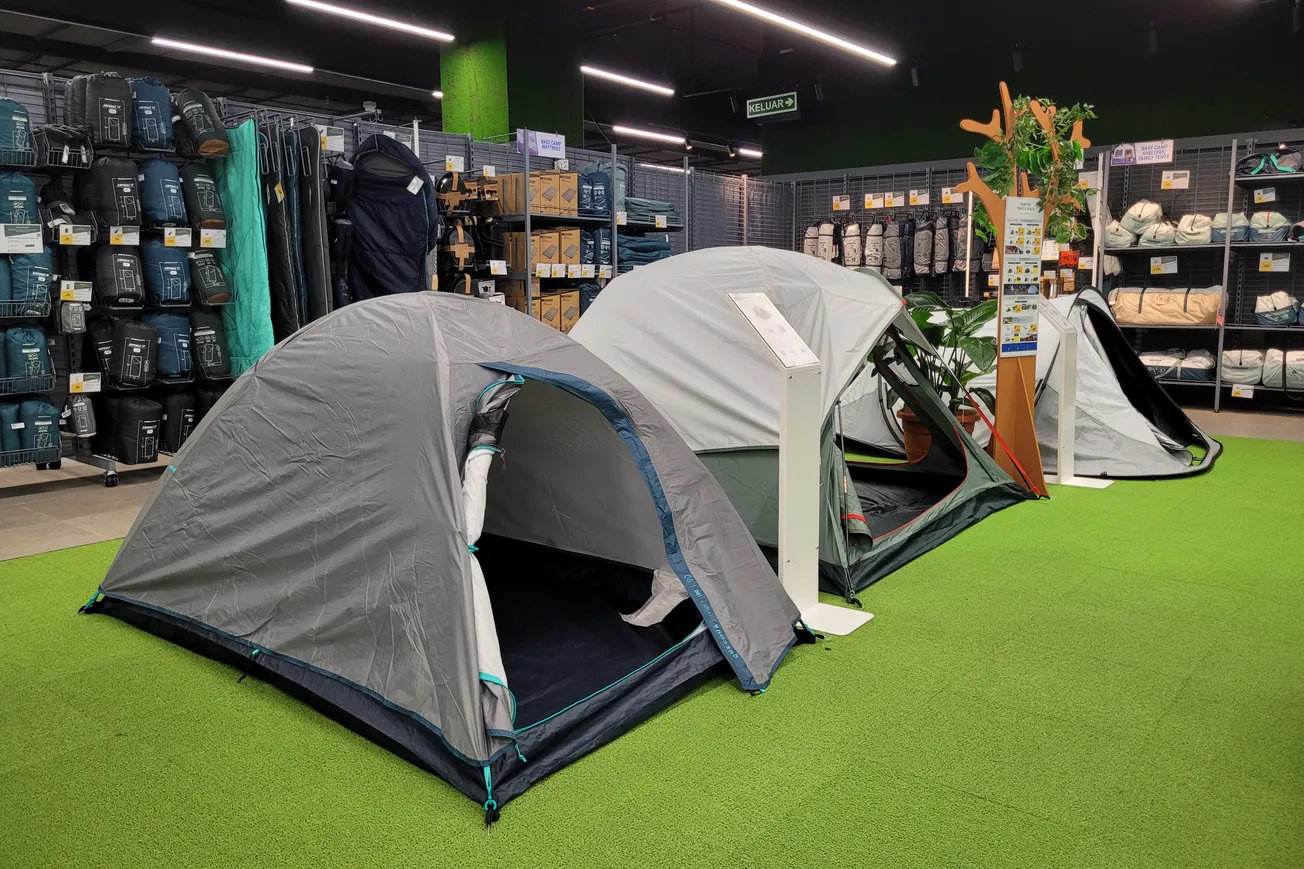Outdoor co-op REI has closed their division offering adventure travel, day tours, and classes to focus on core retail offerings.
REI’s announced closure of its Experiences division resulted in the elimination of over 400 jobs, including 180 full-time and 248 part-time positions.
CEO Eric Artz cited the division's persistent unprofitability as the primary reason for its closure, noting that it served less than 0.4% of the co-op's customers in 2024 and consistently incurred financial losses.
This move is part of REI's broader strategy to stabilize its finances following a net loss of $311 million in 2023. Despite a slight decrease in sales to $3.76 billion that year, the company anticipates market stabilization and is positioning itself for recovery.
In line with this, REI appointed Abigail Jacobs, a former Sephora executive, as its new Chief Marketing Officer in late 2024, aiming to revitalize the brand and enhance customer engagement.
The REI announcement is the latest in a string of pivots and moves by outdoor-oriented retailers to capture market share in a a booming industry.
Bass Pro Shops and Cabela's Consolidation
In 2017, Bass Pro Shops completed its acquisition of Cabela's for approximately $4 billion, merging two of the most prominent names in outdoor retail. This strategic consolidation aimed to leverage complementary product offerings and expand geographic reach. The merger was expected to enhance customer experiences by combining resources and expertise.
Post-merger, the combined entity focused on integrating operations, streamlining product lines, and enhancing in-store experiences. While specific financial performance metrics post-merger are not publicly detailed, the consolidation was generally perceived as a move to strengthen market position amid increasing competition and changing consumer preferences.
Dick's Sporting Goods: Navigating Market Dynamics
Dick's Sporting Goods has demonstrated resilience and adaptability in recent years. In the third quarter of 2024, the company reported earnings per share of $2.75 and a revenue increase of 0.5% to $3.06 billion. Comparable store sales rose by 4.2%, driven by a successful back-to-school season and robust holiday sales projections. CEO Lauren Hobart expressed confidence in the company's product offerings and omnichannel capabilities.
Despite these positive indicators, concerns have emerged regarding inventory levels, which increased by 13% compared to 2023. The company maintains that this inventory is well-positioned to meet consumer demand. Additionally, Dick's Sporting Goods has been proactive in addressing challenges such as retail shrinkage and a competitive market landscape, continuously adapting its strategies to maintain profitability and market share.
Academy Sports + Outdoors: Expansion Amidst Economic Pressures
Academy Sports + Outdoors has pursued an aggressive expansion strategy, opening 16 new stores in fiscal 2024, including further expansion into Ohio. The company plans to open 20 to 25 new stores in fiscal 2025, aiming to capitalize on demographic growth in the Southeast and value-oriented consumer trends.
However, the retailer has faced economic challenges, including declining same-store sales and earnings per share in the fiscal year ending February 2024. Concerns about potential tariffs and inflationary pressures have also impacted consumer spending patterns. Despite these hurdles, analysts project a return to earnings growth in the new fiscal year, supported by store expansions and a focus on private-label products.
Industry Trends and Future Outlook
The outdoor retail sector is navigating a dynamic environment characterized by shifting consumer behaviors, economic pressures, and increased competition. Retailers are adopting various strategies, including mergers and acquisitions, store expansions, and digital transformation, to maintain relevance and profitability.
The emphasis on value-oriented offerings, expansion into high-growth regions, and enhancement of omnichannel capabilities are common themes among leading retailers. Additionally, addressing operational challenges such as inventory management and adapting to economic fluctuations remain critical for sustained success.










